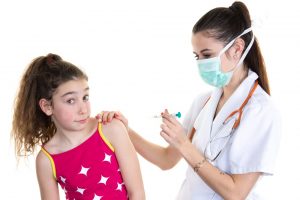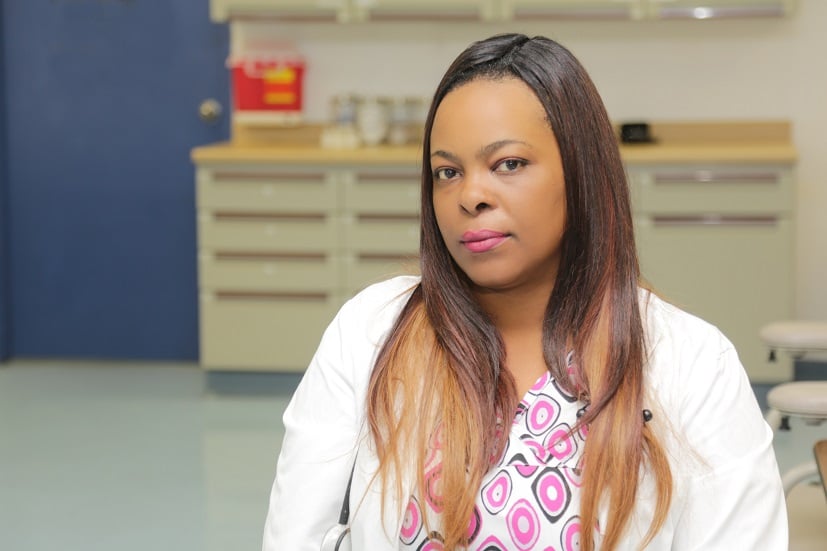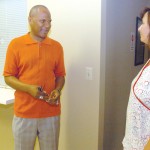
Pediatric HPV Vaccine – LPN Tips

Pediatric patients have the daunting task of having to get vaccines. Being a pediatric LPN you need to be educated in vaccine schedules and administration. Most parents are not educated on the side effects of diverting or refusing vaccines. The HPV vaccine Gardasil is formulated to help protect against strains of the Human Papillomavirus. HPV is a widespread virus that infects an estimated 75% to 80% of males and females in their lifetime. Certain types of HPV can cause lasting consequences: cervical, virginal, and vular cancers in females and genital warts and anal cancer in both males and females.
Protection against HPV can begin as early as age 9, the vaccine is meant to be given before adolescent experimentation that involves genital contact with someone who has HPV; intercourse isn’t necessary. The Centers for Disease Control and Prevention (CDC) recommends routine vaccination with Gardasil for all patients 11 or 12. The Gardasil vaccine is given in a 3 part series; after getting the first dose the patient will come back 2 months later for a second dose and 4 months after that for the third and final dose. The vaccine should be completed in a 6 month time frame. Majority of parents are hesitant that this is going to be a gateway into sexual activities if their child receives the vaccine. Proper teaching of absence needs to be given to all adolescent patients; the Gardasil is to be used as a precautionary barrier, not as a contraceptive.
Parent tend to worry if the HPV vaccine is safe to give there child. The common side effects include pain, swelling, itching, bruising, and redness at the injection site, headache, fever, nausea, dizziness, vomiting, and fainting. Fainting can happen after getting the HPV vaccine. Sometimes people who faint can fall and hurt themselves. For this reason, your child’s doctor or health care professional may ask your child to sit or lie down for 15 minutes after getting the HPV vaccine. Some patients who faint might shake or become stiff. This may require evaluation or treatment by your child’s doctor or health care professional.
Dealing with sensitive subject matters is a common task in being an LPN. Firm, calm, and caring demeanor is the best approach to addressing such topics. Handouts and pamphlets should be available after the teaching as been given. Not all parents are ready to accept their child is now an adolescent and they need time to review more information. Our duty as LPN’s is to make sure all patients and parents are educated.
RELATED - Educating Patients and Family - 5 Tips
Related Articles
Featured Article

Nurse / Health Coach Careers with BSN




